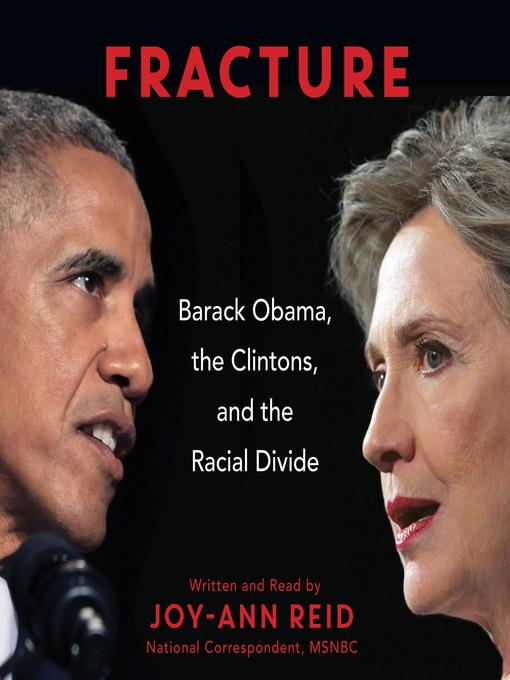
Fracture
Barack Obama, the Clintons, and the Racial Divide
- اطلاعات
- نقد و بررسی
- دیدگاه کاربران
نقد و بررسی

July 27, 2015
Lay readers interested in the background of rifts within the Democratic party—both before and during the Obama administration—will find this concise summary from MSNBC correspondent Reid to be illuminating and accessible. Beginning with Lyndon Johnson’s efforts against discrimination, which culminated with the passage of the 1964 Civil Rights Act, Reid traces the demographic shifts within the Democratic Party as Southern whites began to feel increasingly threatened by government policies. She highlights the significance of Jesse Jackson’s 1984
and 1988 presidential campaigns anticipating Obama’s eventual successful one, then moves on to an overview of the Clinton administration and how its
triangulation strategy alienated the party’s left wing. Reid pulls no punches in describing the disappointments some prominent African-Americans felt with the country’s first black president, and the tensions that emerged between
centrist and liberal Democrats. Those looking for a refresher on the tensions of the 2008 Obama-Clinton primary battle, and their implications for the 2016 race, will find the salient points covered. Reid, despite her service as a Obama press aide in 2008, presents a balanced view of him and his administration’s internecine quarrels.

January 1, 2014
MSNBC correspondent Reid, a press aide to Barack Obama's Florida campaign in 2008, charts the split in the Democratic Party owing to the rivalry between Obama and Hillary Clinton and considers how it might affect the 2016 presidential elections. With a 75,000-copy first printing.
Copyright 2014 Library Journal, LLC Used with permission.

August 1, 2015
An exploration of the relationship between Barack Obama and Hillary Clinton, proving to be salutary reading for anyone who still believes that we live in a post-racial society.Recent events in South Carolina, Missouri, Florida, and elsewhere would suggest that we're going backward when it comes to matters of race and ethnicity. Against this backdrop, the Republican mainstream in particular has made hay of white resentment over supposed favoritism, in the form of affirmative action and other measures, meant to "add economic stability to the...basic rights for African Americans (and poor whites)," as MSNBC correspondent Reid observes. Against this divided politics, it's small wonder that "Democrats are the only ball game" for African-Americans, the product of a generational shift that began with Lyndon Johnson's civil rights programs of the 1960s, which he recognized would drive Southern voters into the arms of a welcoming GOP. Before Johnson, writes the author, only Franklin Roosevelt and his New Deal had done much to "lift large swaths of African Americans out of despair," further disposing African-American voters to the Democratic cause. All that said, as Reid shows, Obama, a beneficiary of both Democratic-backed civil rights measures and of African-American votes, has seemingly been strangely reluctant to engage in discussions of race. A case in point, writes the author, is the upswelling of GOP efforts to strengthen voter ID requirements, "just one weapon Republican state legislatures and governors could use against minority voters." Obama offered only modest assurances that if voters wished to vote, they would find ways to prevail. Reid's book slightly precedes a shift in Obama's tone following the Charleston shootings, so some of her conclusions may require modest updating, but her point remains important: the racial divide persists, and Clinton, the presumptive Democratic candidate in 2016, will have to court African-American voters while delicately maintaining some distance from Obama in the eyes of white voters. Provocative and well-argued with plenty of clues on what to watch for in the coming presidential race.
COPYRIGHT(2015) Kirkus Reviews, ALL RIGHTS RESERVED.




دیدگاه کاربران